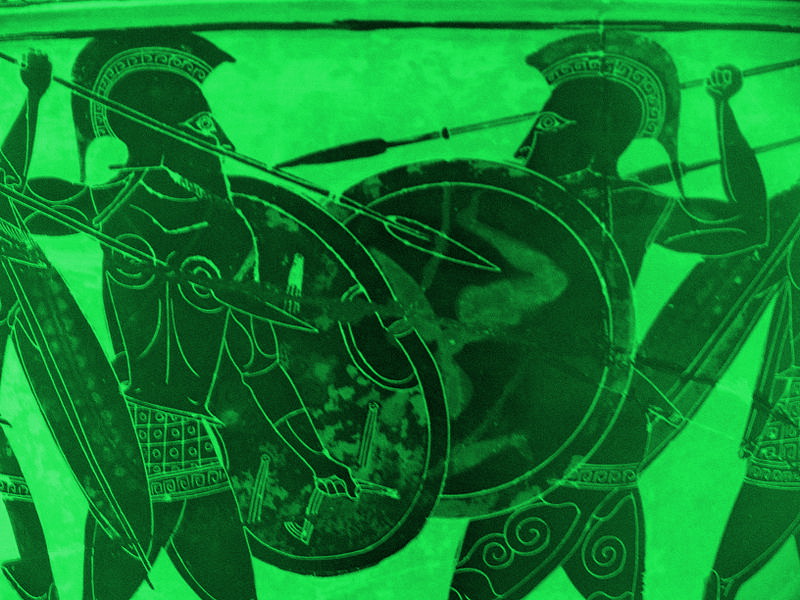The moment of epiphany is not what you think
Sometimes it’s only at the bottom of the hole that we begin to see the light and understand what’s happening to us. We are all looking for a moment of epiphany, that is to say the one that reveals the hidden meaning of existence when everything seems dark, opaque or confused. There are very few true “Eureka” moments in a life. What can happen is that this confusion and chaos generates so much pain that we end up putting all the resources we can into trying to fight it.
Our natural aversion to pain can be our main reason for failure. The pain of seeing what is inside us, of questioning ourselves, of looking for what is behind the most intimate and sometimes darkest parts of our existence can be daunting. However, without this work, there is no change and therefore no possible progress.
Pain is a signal, an indicator that can be the greatest motivator to solve a problem. Without great pain, there is sometimes no will to take action. Pain can therefore be an ally. However, it must not crush us like a tree bending under a mass of snow. We must internalize the pain to understand it, and then we must know how to put some distance between ourselves and act. It can take many forms: shame, sorrow, disappointment, frustration, etc. No matter what cocktail of emotions it contains, you must accept it and use it as a support to fight your fears.
Imagine yourself as a hoplite in a Spartan army. You are in the front line, in front of you stands a disparate enemy formation that you must confront. Right behind you, you feel a second row of hoplites supporting you and protecting your flanks but leaving you no choice but to fight with vigor to win the battle. Your pain is this second row of warriors whose pressure you feel on your back forcing you to attack the opponent who is the challenge of life.
Without this second line, you might be tempted to desert this battlefield or fight casually. This second line will only leave you alone when you have defeated the enemy, that is, overcome these challenges with diligence and tenacity.
This explains why we should not lament enduring painful moments: it can be our main source of motivation. Without much pain, we could be content with a vegetative state in which relative comfort leads us to accept the status quo and thus not want to take back the reins of our life.










